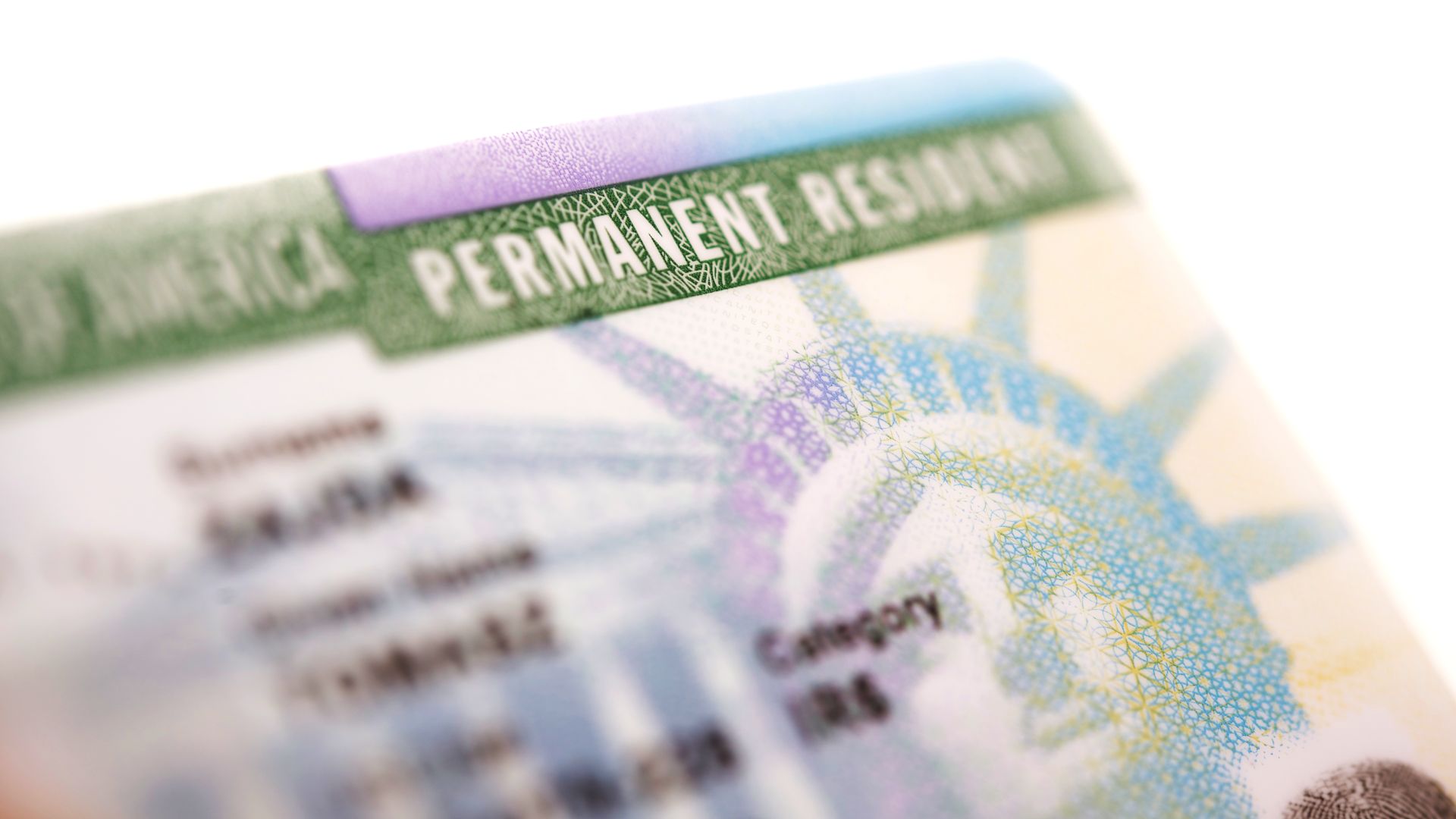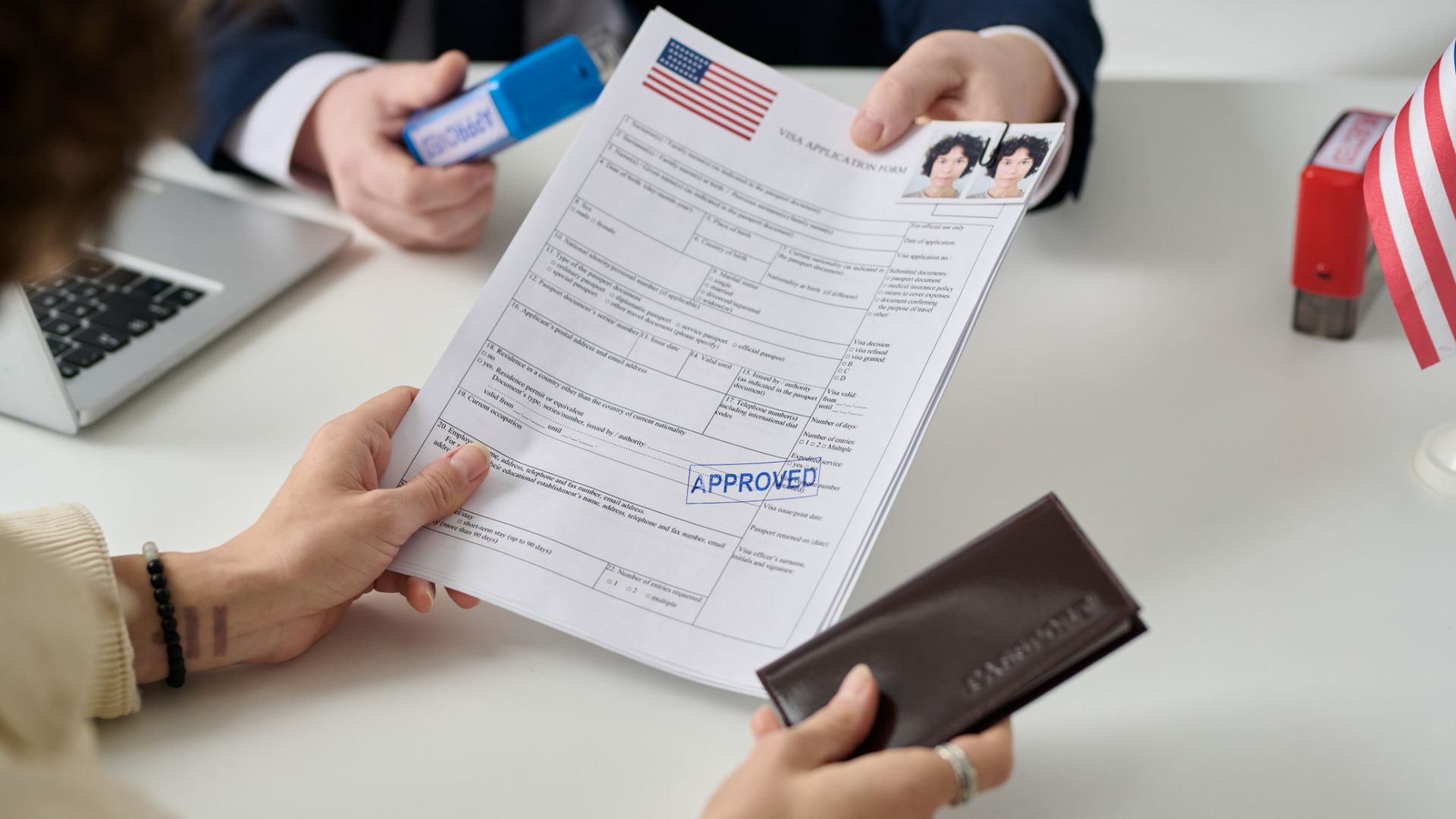Employer-sponsored immigration plays a pivotal role in helping businesses meet workforce needs by bringing skilled foreign workers into the United States. Whether it’s through work visas like the H-1B or L-1, or through employment-based Green Card sponsorship, the process can be highly beneficial. However, navigating U.S. immigration laws and regulations can be complex, and employers often encounter numerous challenges when sponsoring foreign workers.
At Rebecca Black Immigration, PA, based in Jacksonville, Florida, we specialize in assisting employers with immigration matters, helping them navigate these challenges and comply with U.S. immigration requirements. In this blog post, we’ll explore the common challenges employers face in employer-sponsored immigration and offer strategies to mitigate these obstacles.
1. Complexity of Immigration Laws and Regulations
One of the most significant challenges that employers face when sponsoring foreign workers is the complexity of U.S. immigration laws. The legal landscape is constantly evolving, and there are numerous regulations that govern each visa category, including:
- H-1B Visa: Designed for specialty occupations, this visa requires the employer to meet specific criteria, including proving that the job requires a bachelor’s degree or higher, among other conditions.
- L-1 Visa: Used for intracompany transfers, the L-1 visa requires strict documentation to show that the employee is being transferred from a foreign branch to a U.S. affiliate.
- PERM Labor Certification: For employment-based Green Cards, employers must go through a rigorous process of proving that no qualified U.S. workers are available for the position.
Navigating these complex rules can be overwhelming, particularly for employers who do not have an in-house legal team specializing in immigration.
Solution:
Employers should seek the assistance of an experienced immigration attorney to guide them through the complexities of visa sponsorship, the filing process, and compliance. A knowledgeable attorney can ensure that all documentation is properly filed, help employers avoid common pitfalls, and provide up-to-date guidance on changing immigration policies.
2. The H-1B Visa Cap and Lottery System
The H-1B visa is one of the most common pathways for employers to hire skilled foreign workers. However, the H-1B visa cap—which limits the number of new H-1B visas issued each year—poses a significant challenge. The annual cap for regular H-1B visas is currently set at 65,000, with an additional 20,000 visas reserved for individuals with U.S. master’s degrees or higher. Because demand far exceeds supply, the H-1B lottery system is used to randomly select which petitions will be processed.
This lottery system introduces uncertainty for employers, as there is no guarantee that their petition will be selected. This can be particularly frustrating for employers who have critical staffing needs and need to hire foreign workers quickly.
Solution:
Employers should plan ahead and begin the H-1B application process as soon as possible to ensure they meet the annual filing deadlines. Additionally, employers should consider alternatives to the H-1B, such as the L-1 visa for intracompany transfers, or the O-1 visa for individuals with extraordinary abilities, depending on the employee’s qualifications.
3. Adherence to Labor Condition Application (LCA) Requirements
For certain work visa categories (including H-1B), employers must file a Labor Condition Application (LCA) with the U.S. Department of Labor (DOL) to demonstrate that they will comply with labor laws. The LCA ensures that employers are offering the foreign worker the prevailing wage for the position and that the employment will not negatively affect the working conditions of U.S. workers.
Failure to properly adhere to LCA requirements can result in fines, delays in visa processing, or even being banned from sponsoring foreign workers for a period of time.
Solution:
Employers must carefully comply with the LCA regulations, including ensuring that they are paying the prevailing wage rate for the employee’s role and geographic location. Employers should keep detailed records of the wage determination and recruitment efforts. Consulting an immigration attorney to verify that all aspects of the LCA are in compliance is advisable.
4. Visa Processing Delays
Visa processing times for work visas and Green Card petitions can be lengthy and unpredictable. For example, the H-1B visa process often takes several months, and there may be additional delays in cases where an individual needs to file for a change of status or adjustment of status to a Green Card.
Additionally, visa backlogs, particularly for nationals of countries with high demand for U.S. visas (such as India and China), can significantly extend the time it takes for foreign workers to obtain a Green Card. Employers may find themselves in a difficult situation if an employee’s visa is nearing expiration or if the employee is unable to start work due to delays.
Solution:
Employers should be proactive in anticipating potential delays and plan accordingly. This includes filing petitions early, utilizing premium processing (when available), and regularly monitoring the status of visa petitions. Employers should also stay informed about changes in visa processing times by checking the Visa Bulletin and other relevant updates from USCIS.
5. Maintaining Compliance with Immigration Laws
Maintaining ongoing compliance with immigration laws is essential for employers who sponsor foreign workers. This includes complying with wage and working condition requirements, keeping accurate records, and ensuring that foreign workers do not overstay their visas. Violating immigration laws—whether intentionally or accidentally—can result in penalties, fines, or the loss of the ability to sponsor future visa petitions.
Solution:
Employers should implement robust record-keeping systems to track visa expiration dates, employment status, and any necessary compliance-related documents. Regularly reviewing employee records, working conditions, and the status of foreign workers can help employers stay compliant. Additionally, employers should consider working with an immigration attorney to conduct audits and ensure that all necessary filings are up to date.
6. Employee Retention and Career Development
One of the ongoing challenges employers face with sponsored employees is employee retention. Sponsoring a foreign worker for a work visa or Green Card requires a significant investment of time and resources, and employers may worry about losing the employee once they are eligible for permanent residency or citizenship.
Moreover, foreign workers may eventually wish to change employers or pursue different opportunities, and U.S. immigration laws often impose restrictions on job changes during the Green Card process. For example, H-1B workers can change employers, but the new employer must file a new H-1B petition. However, if an employee is in the middle of the Green Card process, switching employers may result in delays or complications.
Solution:
Employers should focus on creating positive, long-term relationships with sponsored employees by offering competitive wages, career development opportunities, and a clear pathway for growth within the company. It’s also important to educate employees about the implications of changing jobs during the Green Card process and help them navigate the process if necessary.
7. The Risk of Denials or Requests for Evidence (RFEs)
Even if an employer submits a complete petition, there is always a risk of denial or a Request for Evidence (RFE). An RFE may ask for additional documentation or clarification on certain aspects of the petition, such as job duties, qualifications, or employer information. These delays can prolong the visa process, and if the employer fails to respond adequately, the petition may be denied.
Solution:
To minimize the risk of denials or RFEs, employers should work closely with experienced immigration counsel to ensure that the application is complete, accurate, and well-documented before submission. Timely and thorough responses to any RFEs are crucial to avoid delays or denial.
We are Here to Help
While sponsoring a foreign worker for a work visa or Green Card provides immense benefits to U.S. employers, it is not without its challenges. The process can be time-consuming and complicated, with many opportunities for mistakes or delays. However, by understanding common challenges and employing strategies to mitigate these obstacles, employers can streamline the immigration process and ensure the successful sponsorship of foreign workers.
At Rebecca Black Immigration, PA, we help businesses overcome these challenges by providing expert guidance and legal support in all aspects of employer-sponsored immigration. If you need assistance with work visas, Green Card applications, or any other immigration matters, contact us today to schedule a consultation.








